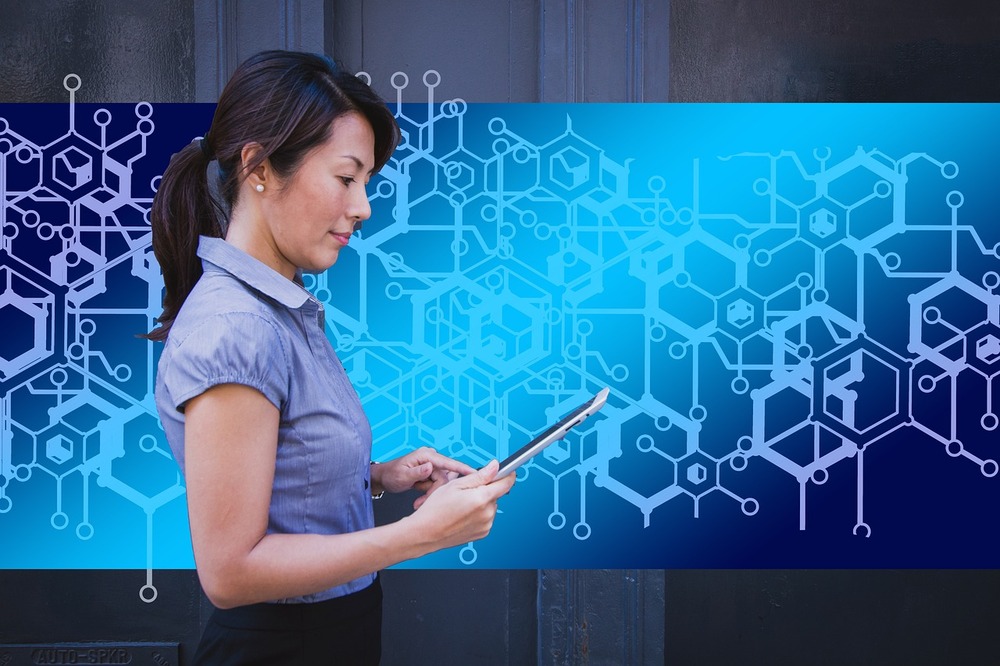This article is part of a blog series , which explores the future of Artificial Intelligence (AI) in Construction. To remain competitive in the Construction Industry, you must innovate to deliver projects to owners on time and within budget. AI transformed how you plan, execute, and manage your projects.
Whether you're discussing site Safety or computer vision to improve progress tracking or enhance quality in predictive maintenance, AI can help. But are AI technological advancements in accord with ethical best practices?
All of your company's projects can ethically utilize the latest technology and respect industry values.

AI transforms your Construction process with practical solutions through the lifecycle of a project.
AI in Construction encompasses a wide range of applications, as follows.
AI can analyze a massive amount of data, helping you to prevent risks in site management, eliminate cost overruns of your projects, and streamline supply chain logistics. AI integrated into 3D models facilitates the visualization of your project planning, allowing you to establish accurate timelines and budgets.
Utilizing computer vision and AI helps enhance quality control by identifying and anticipating structural flaws or defects that the human eye cannot detect. AI can also improve site Safety by analyzing and identifying Safety hazards, as well as spotting poor worker behavior.
AI anticipates issues more quickly than humans, allowing your workforce to operate safely and smartly.
AI in predictive maintenance helps optimize the lifecycle of equipment, reducing downtime and improving operational processes.
AI allows the project owners to access detailed project progress, ensuring their goals and requirements are met efficiently with high quality and Sustainability. The owner can visually monitor progress without being on site, a valuable feature that ensures projects are delivered on time at any point in the cost review process.

We highlighted above the great opportunities AI can deliver, but there are ethical concerns associated with the technology that must be addressed as follows.
AI utilizes numerous datasets to be efficient, such as project information, staff behavior, or supply chain details, so security is paramount. You must consider how data is collected, stored, and interpreted in a manner that respects privacy laws and does not disclose sensitive project information to all stakeholders.
It involves using "prompts" to generate texts, images, or codes with AI. Prompting can be used to analyze, interpret, and change information from a dataset. It is crucial to ask AI tools clear and specific questions. Poor or unclear directions could lead to the AI tool behaving erratically, resulting in its own erroneous interpretation of data and incorrect answers to the question.
Investing in AI training is crucial to ensure your workforce fully understands how to utilize AI tools to support your projects.
If the above-discussed "AI fantasy" occurs, users must know how to spot incomplete or inaccurate data to avoid any impact on Construction projects. You must have good references in place to validate and verify data. Do not rely on the AI's correctness of the output. Invalid data can get you in trouble during Construction work.
Your AI systems are sound when the data they are trained on is specific and accurate. If not precise enough, the system can provide incorrect guidance.
For example, AI recommendations to reduce costs may lead to compromised Safety or unacceptable quality in the delivery of the project owner's requirements.
The AI technology idea aims to improve efficiency; however, significant concerns may be raised about job displacement, necessitating the reskilling of your workforce for technical-focused roles within the industry.
Consider investing in AI and training simultaneously to transition individuals into other roles or tasks that add value to projects.
If AI promotes efficiency by delivering projects under budget thanks to cost savings generated by its tools, should you retain the difference or return the savings to the owner?
Keep in mind that adopting AI-driven solutions is not incompatible with your ethical ability to ensure fairness to all stakeholders. Transparent and honest conversations with owners and other involved parties certainly avoid disputes or unethical behavior.
Where does the responsibility lie if AI makes a mistake? You must follow your best practices in terms of accountability to fairly apportion the required corrections to affected parties.

Investing in AI to support project management is crucial for delivering ethical behavior to your stakeholders. Here's what you can do.
Transparency is crucial for effective project management. Your policies must clearly communicate how AI is used to influence and impact your projects. Trust is critical in alleviating risks and minimizing fears when AI is used to enhance productivity and Safety.
Regular updates on the use of AI and changes in your policies to all stakeholders may encourage feedback, foster a culture of trust, and improve the decision-making process.
AI training and coaching are crucial for maintaining job security and productivity.
For example, you can train your staff in skills required to monitor and check progress made in collaborating with all stakeholders using AI systems. Training may include how to utilize AI-driven tools such as project management software, robotics, and drone technology, as well as predictive analytics.
Training your stakeholder will help them stay up-to-date with their skills and boost their morale by demonstrating your commitment to their professional growth.
AI's potential to enhance site Safety through tools such as predictive maintenance, Realtime hazard detection, and automated monitoring systems is phenomenal, provided that clear Safety and data privacy rules are adhered to.
Audits to ensure compliance with industry standards and safeguard sensitive information, including employee data, project details, and owner information, are essential. Consider incorporating AI solutions to reduce accidents and staff, and provide Realtime alerts highlighting potential risks, creating a safer and more secure environment for all stakeholders.
Prioritizing ethics, such as Akaike Information Criterion (a statistical method for model selection), can help you reduce the complexities of implementing AI. For example, your Code of Ethics may include robust ethical frameworks to guide your decision-making process when deploying advanced technology. It should emphasize fairness, accountability, and professional integrity so that AI can benefit all stakeholders.
Discuss the ethical implications of AI in Construction with external stakeholders in your organization to stay informed about industry trends and overcome challenges. It could involve attending conferences and joining forums focused on AI ethics in Construction to exchange ideas and learn from other industry leaders.

The potential of AI in Construction management is excellent, but ethical behavior must be adhered to. Build a future where innovation and ethics coexist.
Driving Vision's technology diagnostic looks at the best way to incorporate modern technology into your workflows and how to move your organization to the use of Construction 4.0 technologies so you can open new possibilities for your daily planning tasks. The technology appraisal report will help you explore the investment required to improve your projects' productivity and collaboration, as well as the ROI you can expect.
Implementing BIM can be daunting, but Driving Vision is here to help you at the pace you are comfortable with. Get started by getting in touch now
We simplify the difficult and automate the mundane for an affordable fee
We become your BIM coordinator & Tech support for an affordable fee
We give you access to our CAD licenses for an affordable fee
We introduce you to our cloud technology and proprietary immersive technology for an affordable fee
